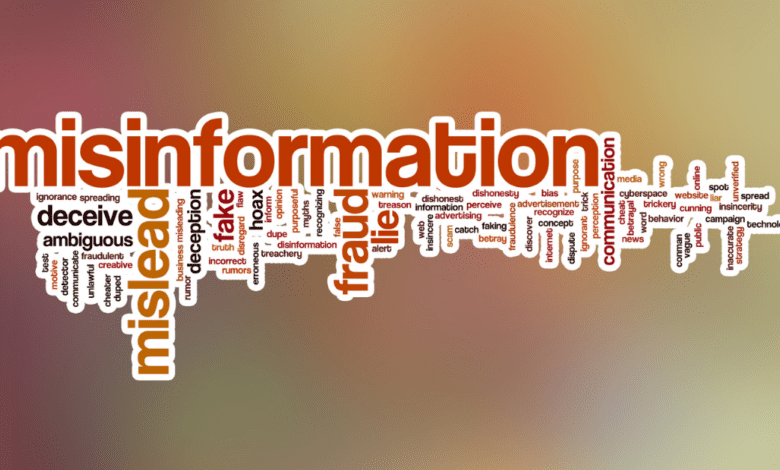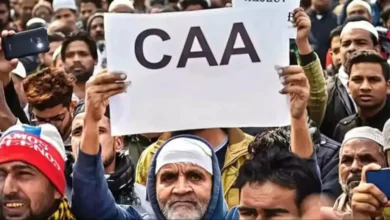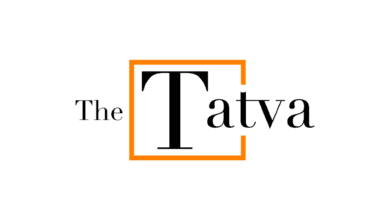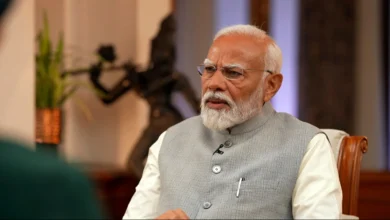A recent survey reveals misinformation biggest threat to elections in India
The survey reveals the widespread challenges posed by misinformation and disinformation on a global scale

2024 is poised to be a crucial year for elections worldwide, with major players like India, the United States, and Bangladesh preparing for significant political changes. However, amidst the election buzz, a recent survey done by the World Economic Forum’s 2024 Global Risk Report has highlighted a growing menace: misinformation. This survey looked into 34 risks across economic, environmental, geopolitical, societal, and technological aspects. It revealed the widespread challenges posed by misinformation and disinformation on a global scale.
“Disinformation is defined as situations where the author has purposefully sought to mislead their audience. Misinformation describes information which is spread out of genuine belief, but can be just as harmful – like is sometimes the case with conspiracy theories,” the report noted. India emerged as the country facing the highest risk of disinformation and misinformation.
Experts see misinformation and disinformation as the top risk for the country. This comes before worries about diseases, illegal money activities, unfair wealth distribution, and not having enough workers
With general elections set for April-May 2024, the shadow of misinformation hangs over the democratic process.
“Fake news had been rife in India’s 2019 election, with Vice reporting how parties had “weaponized the platforms [of Whatsapp and Facebook] to spread incendiary messages to supporters, heightening fears that online anger could spill over into real-world violence.” More recently, misinformation also became an issue during the Covid-19 pandemic in India , again via,” the report noted.
Reflecting on past elections, the report mentions the challenges posed by misinformation during the 2019 elections and the Covid-19 pandemic. However, it’s important to note that India has demonstrated adaptability and innovation in addressing such issues.
WEF analysts conclude: “The presence of misinformation and disinformation in these electoral processes could seriously destabilize the real and perceived legitimacy of newly elected governments, risking political unrest, violence and terrorism, and a longer-term erosion of democratic processes.”
The survey asked 1,490 experts from various fields like schools, businesses, government, the international community, and civil society for their opinions.
You might also be interested in –How is the Ram Mandir inauguration going to affect the 2024 elections?



